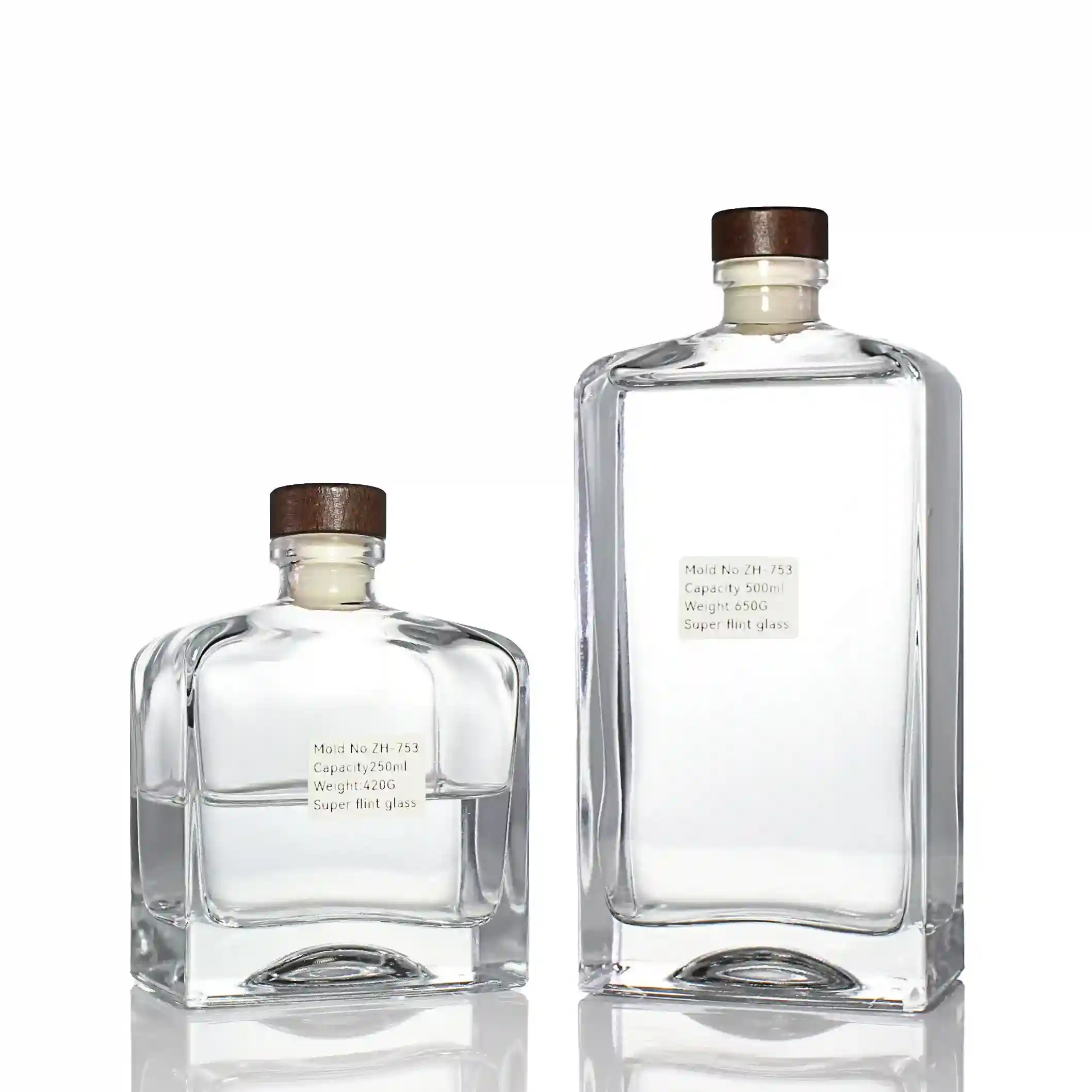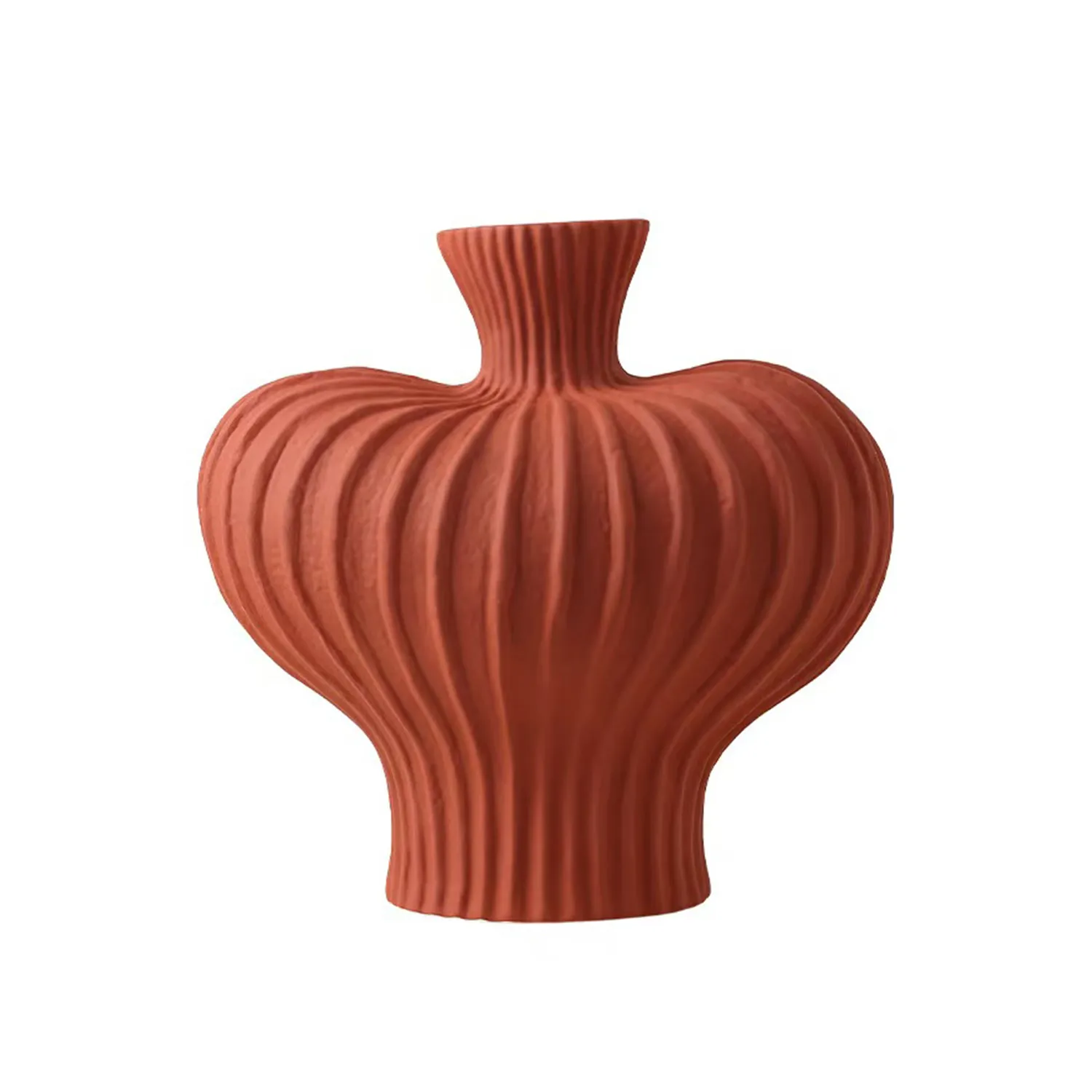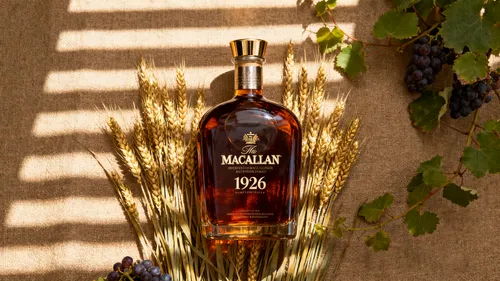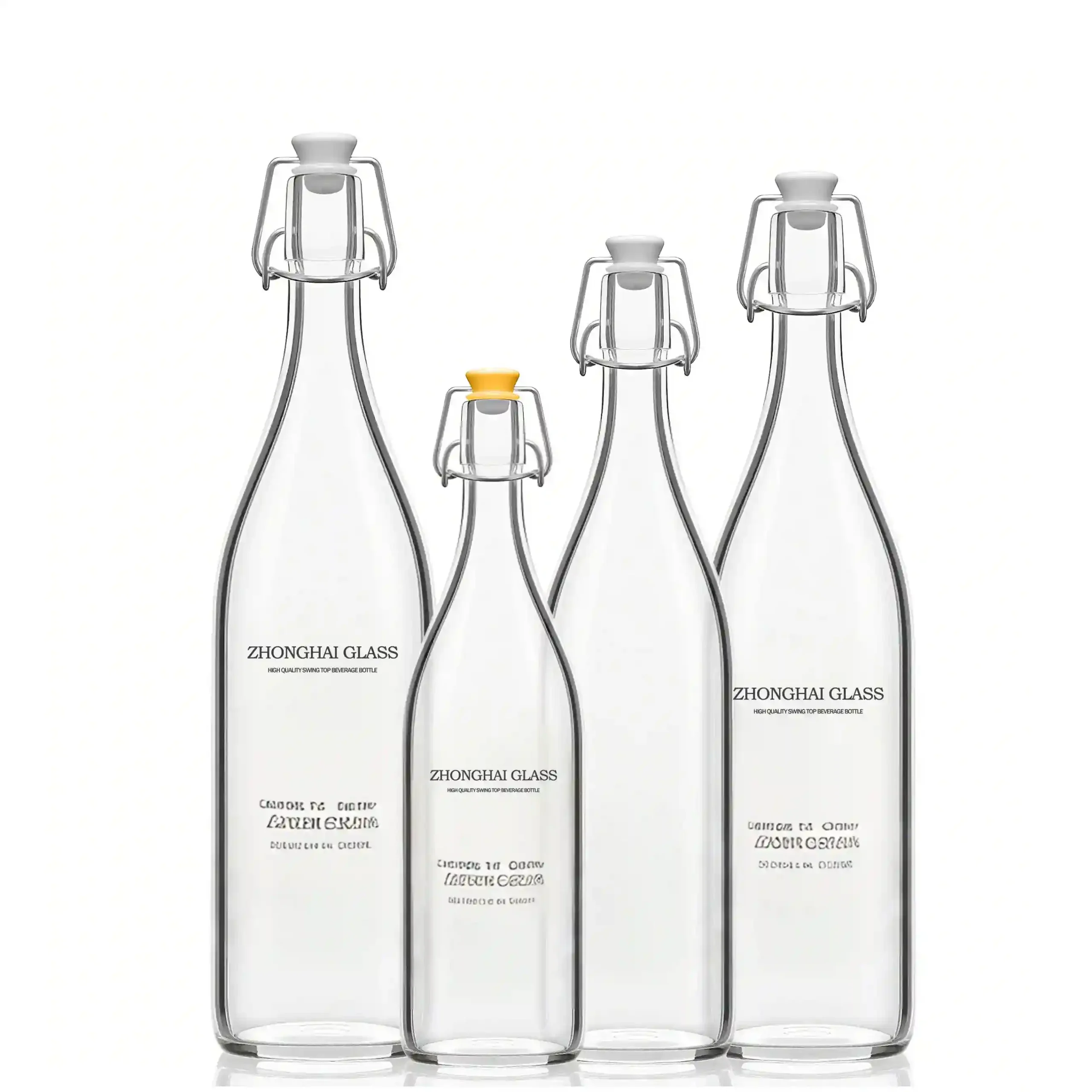News
-

An Expert’s Guide: Why Is It Called a Handle of Alcohol & 3 Facts You Didn’t Know
Read moreAbstract An examination of the term "handle of alcohol" reveals a confluence of etymological simplicity, regulatory history, and pragmatic design. The colloquialism primarily refers to the 1.75-liter glass bottle, a standard size for spirits in the United States. Its name originates from the integrated glass loop or handle that became a common feature on these […]
-

How to Package Ceramics for Shipping
Read moreCeramics are valued for their elegance, durability, and cultural significance, but they are also fragile during transportation. Proper ceramic packaging is essential to ensure products arrive intact, reduce breakage rates, and maintain brand reputation. Whether shipping decorative items, functional containers, or premium giftware, using the right packaging approach can significantly improve logistics safety and customer […]
-

What are Glass Liquor Bottles Called?
Read moreThe Art and Terminology of Spirits Packaging When entering the world of premium spirits, one quickly realizes that a bottle is rarely just a bottle. The specific alcohol container name used by a brand often signals the quality, history, and category of the liquid inside. For centuries, glass has been the gold standard for storing […]
-

Your 2026 Checklist: 7 Critical Factors for Sourcing Empty Cylinder Glass Drink Bottles for Artesian Still Water
Read moreAbstract This analysis examines the critical factors involved in sourcing empty cylinder glass drink bottles for artesian still water, specifically for brands targeting the premium market in 2026. It articulates the significance of material selection, differentiating between soda-lime, super flint, and high borosilicate glass, and evaluates their respective impacts on product integrity, thermal stability, and […]

.png)


.png)
